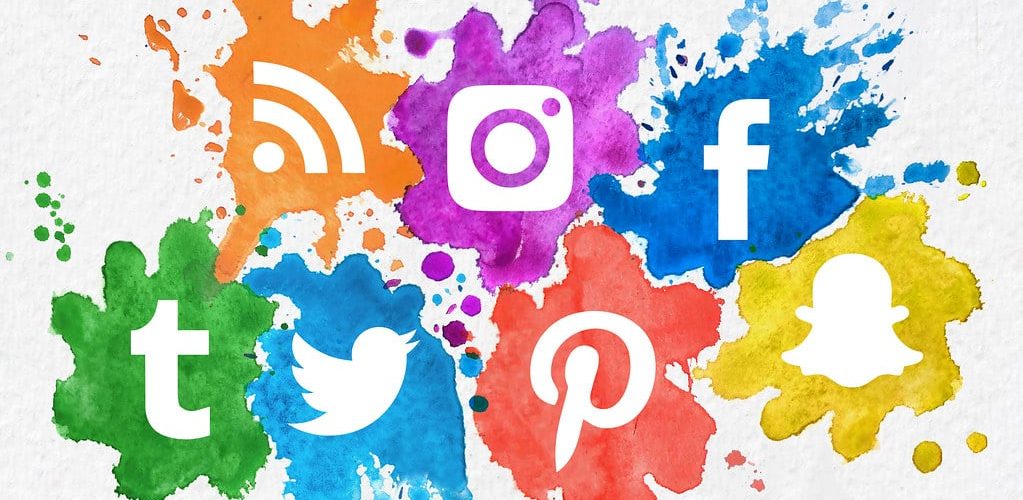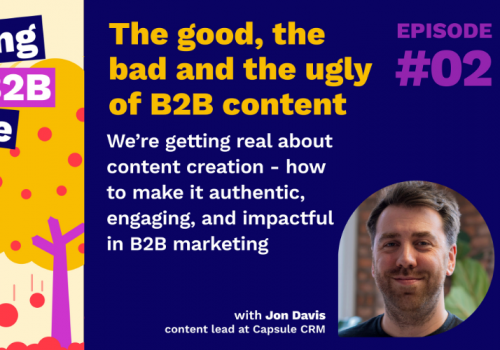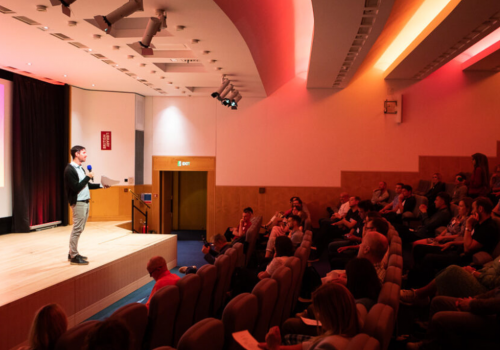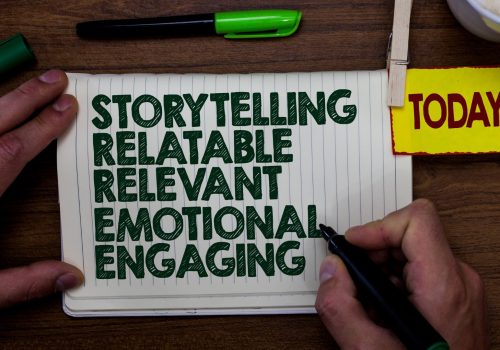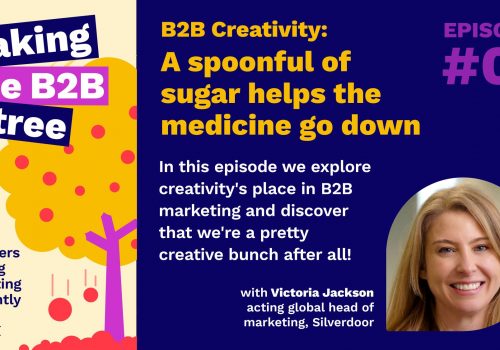Over six million people tuned in to watch Corbyn and Johnson go head to head in the first debate of the upcoming general election. But it wasn’t just what the two political parties were doing on camera that got the public’s attention. The Tories came under fire for renaming one of its Twitter accounts a ‘fact-checking’ site for the duration of the debate, and used that to contest some of Labour’s claims. Twitter accused the Conservatives of misleading the public and said that it would take action if the party pulled a similar stunt again. This got me thinking about the role that social media plays in a general election.
The Tories have reportedly spent over £85,000 on Facebook and Instagram advertising, while Labour has spent £43,000, and the Liberal Democrats have spent £42,000. As parties press on with their advertising campaigns, what are the written and unwritten rules for broadcasting their manifestos online?
Political parties that want to use Twitter to gain public support will be disappointed. The social media firm has banned all adverts that mention political candidates and legislation. Twitter’s CEO, Jack Dorsey said, “We believe political message reach should be earned, not bought.” Clearly, Twitter thinks that if parties want to reach the masses with their manifestos, they should try to earn retweets from followers and spread the word on merit. But how are other social media platforms responding to political advertising campaigns?
Facebook has gone the opposite way to Twitter, relaxing its rules on false advertising. Previously, the social media firm banned adverts containing ‘deceptive, false or misleading content.’ But now it only bans adverts that include claims proved to be wrong by fact-checkers and experts. And it’s even gone further than that for some political adverts. Opinion pieces and satirical content from parties and politicians who are currently in office no longer need to be verified before being shown on Facebook. That means that they can advertise anything as part of their manifesto without it being fact-checked. It’s risky business, as the public could end up being misinformed and given false promises. A Facebook spokesperson said, “We don’t believe that it’s an appropriate role for us to referee political debates.” The social media platform differs from Twitter since it is happy for uncensored political speeches to reach a mass audience.
So where do you stand when it comes to social media’s role in the general election? Do platforms have a duty to censor adverts and ensure they’re true before going live? Or should we just accept that social media is a free-for-all, and remain cynical about all political adverts we see on the likes of Facebook? Either way, I think we should all make an effort to look beyond the web when we see what our candidates are promising they’ll deliver us.
Alex Brown enjoys being one of the Skout blog’s most regular contributors.
